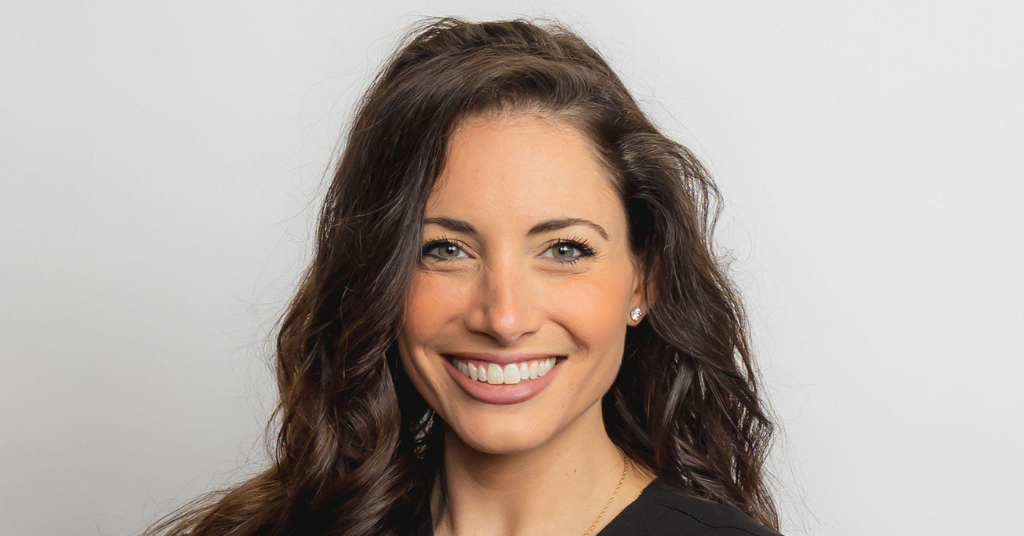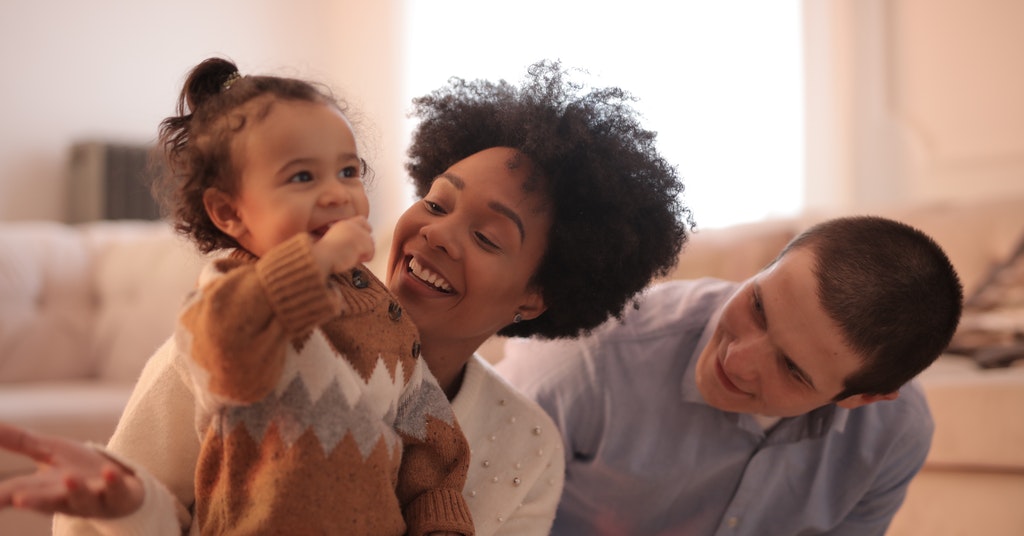
Being the Change: How to End Hearing Loss Prejudice
December 14, 2017
What to expect over the holidays if you’re deaf
December 18, 2017“Mom, dad why you don’t wear hearing aids?”

“Mom, Dad, why do I wear hearing aids and you don’t?” My son asked with curiosity mixed with confusion in his eyes. When Ayden first expressed his awareness of his hearing aids, my husband and I knew this was one moment of many to come to influence how he viewed himself.
I will never be able to make our children feel a certain way about their hearing aids and hearing loss. However, I can create a culture in our home that fosters self-confidence, resilience, and courage.
With the language we use, the attitudes we portray, and the beliefs we hold as parents, we have a significant influence on how our children see themselves.
When Ayden asked about why he wears hearing aids and we don’t, we breathed deep and dove in. We were prepared. We knew that this conversation would be a stream of many other conversations yet to come.
Read more: How I found the answer to ‘What caused my son’s hearing loss?’
Being Prepared
My husband and I had thought hard about how we wanted to influence how Ayden and our daughter, Sayge, viewed themselves and their “disability.” Prior to this, we had spent many hours discussing how to create an attitude of self-acceptance, confidence, and pride.
We were given a great starting point for many people in Ayden’s hearing loss journey. Doctors and therapists communicated to us the hope and possibility that lay before our son. Specifically, Ayden’s pediatrician communicated truth and perspective that would encourage us for years to come. Ayden was newly diagnosed and we were in the throes of his newly diagnosis.
“All children have challenges,” Ayden’s doctor said. “Ayden’s happens to be more visible than many others, but you can rest assured all children have something they have to overcome.” This response, while simple, grounded us.
Our response was a reflection of how we truly feel about Ayden and his hearing loss. We explained that his hearing aids help him hear clearly so that he can hear every “I love you” from mom and dad, silly jokes from his brother, and sweet squeals from his baby sister.
“Our response was a reflection of how we truly feel about Ayden and his hearing loss.”
Ayden continued questioning with heavy emotions in his heart. I did not want to minimize the emotion behind these questions. We acknowledged his feelings and named them.
We all have our own challenges
As Adyen became more curious, we explained that we all have challenges, that his challenge is a little more visible than others, as his doctor had told us years before. We affirmed him by saying, yes, his hearing loss will have unique challenges and it is normal to feel like you don’t want to be different. But, everybody has to overcome challenges. If it’s not hearing loss, it will be something else. That’s part of being human.
Ayden’s curiosity continued, “Even you Dad? You have a challenge, Dad?” “Yes, even Dad” we responded. Ayden went through as many family members as he could name and asked if they too had challenges. We explained we don’t always see what challenges other’s face, but we know everybody has them.
We continued to use this time as another moment to teach our values and beliefs as a family. We shared with Ayden that challenges are opportunities to show our strength; our muscles. It is how we respond to challenges that make us who we are. It is in these moments that we can grow. The more challenges we have the more opportunities we have to get stronger.
“The more challenges we have the more opportunities we have to get stronger.”
We will “rise to the challenge.” We don’t run away, we don’t try to hide, we don’t try to pretend it isn’t there. But, we face our challenges and we rise above them.
At the point when you start talking strength and muscles with a four-year-old, it’s hard to avoid a mass family flexing session. This is when we all get to show off our muscles. We “ooh” and “ahh” at the definition in each biceps and tone we notice in their quadriceps. We comment on how our muscles look bigger now than the last time we checked. Which means, we must be working them out hard.
After this moment of flexing, Ayden bounced up and was off running around the house once more. This time, he was chanting, “Rise to the Challenge.”
Committing to creating a growth mindset in my children
We want our children to have grit – a belief that with passion and perseverance are essential for success.
Read more: How I build resiliency in my children with hearing loss
However, how one get grit? Is it a characteristic one is born with, or can it be fostered?
Researcher and phycologist, Carol Dweck, wrote a book called, “Mindset: The New Psychology of Success.” In her book, she shares decades of research that point to practical ways to grow grit. Specifically, those with what she called a “growth mindset” are more likely to be successful than those with a fixed mindset. She explains by sharing that there are two mindsets: fixed and growth. She believes that everybody has the ability to grow and learn.
Furthermore, with effort, all have the ability to improve.
A growth mindset means you are under the belief that setbacks and challenges in life are the way to learn and grow. Failure is not permanent in a growth mindset.
In a fixed mindset is the belief that people cannot change. Intelligence, ability, and talent are qualities you were born with or without.
Words Matter
The hope that I have for my children with hearing loss is that they will believe that they are strong and capable. When they get pushed down, they will get back up. Even when life is hard, they will be brave and persevere.
I hope they always show up and risk failing. And that they never stop trying, learning, and growing.
My desire is that their longing for learning and growth outweighs their fear of failure and opinions of others. I want them to feel the freedom to pursue what they love, to believe they can always get better with effort and practice and see challenges as opportunities.
“When they get pushed down, they will get back up. Even when life is hard, they will be brave and persevere.”
A couple sayings that we incorporate into our everyday lives to encourage these beliefs include:
“We can do hard things.”
“Mistakes help us grow.”
“Hyder’s rise to the challenge.”
“All things are difficult before they are easy.”
“You got this.”
These words matter.
Changing the way we talk and think also includes the way we praise our children.
Naturally, I want to praise my child’s achievements. However, since working on adopting a growth mindset in our parenting, I have challenged myself to praise my children’s struggles and their effort. When reading a book, I try to say, “Wow, you really persevered through that word” or “You learned something new today, you grew your brain.”
Honestly, this kind of praise felt awkward at first. But, as a Hyder mantra goes, “All things are difficult before they are easy.”
Carol Dwerk stated, “If parents want to give their children a gift, the best thing they can do is to teach their children to love challenges, be intrigued by mistakes, enjoy the effort, and keep on learning. That way, their children don’t have to be slaves to praise. They have a lifelong way to build and repair their own confidence.”
Resources to learn more about growth mindset
Ayden communicated to us the realization of the fact that his friends and family do not wear hearing aids like him. As his parents, we know that this question was not out of the blue. Not to mention, our answers were not anything new or profound. The words we were speaking were ones we have said in many other ways. In like matter, the ideas we convey were ones we have incorporated into our family.
This time, Ayden bounced back quickly. That will not always be the case.
We know this conversation isn’t over. Therefore, we will continue to teach our children that everybody has challenges. Some challenges look different from others. With this understanding, they will know that passion and perseverance are a part of reaching their dreams, and when problems come their way, they will “Rise to the Challenge.”
If you want to help reinforce a growth mindset in your children, try these children’s books:
- “What To Do with A Problem?” By Kobi Yamada
- “The Dot” by Peter H Reynolds
- “Rosie Revere Engineer” By Andrea Beaty
- “Beautiful Oops” by Barney Saltzberg
To learn more about mindsets, check out Carol Dweck’s website.
What resources do you use? Let us know in the comments.



